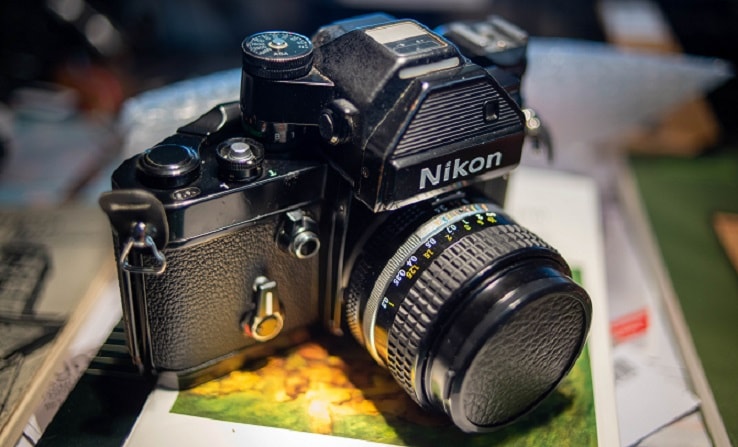

If you've had the same camera for a few years or are considering buying something secondhand, this website can quickly give you a ballpark figure. Typical Shutter Counts for Popular CamerasĮven though the site is a little dated now, The Camera Shutter Life Expectancy Database is a great resource for camera shutter actuations and their life cycles. If something you find on eBay has already taken a lot of pictures it may not last as long as you hope or be as much of a bargain as you think. Knowing these numbers is equally as important to be aware of when looking to purchase a camera secondhand. For this reason, it's crucial you keep an eye on how many pictures your current camera has made and how many frames your particular model will be at when it reaches the end of its life cycle. Some photographers may get unlucky and find themselves on the lower side of those numbers while others may find their cameras are still going strong after 500,000 shots. This shutter moves at some speed and force every single time you take a photograph and because of this the shutter will eventually wear out and kill the camera.ĭepending on the camera you have, the typical life of a shutter can vary from anything as low as 50,000 shutter actuations right up to 350,000.

In a nutshell, the role of the shutter is to allow light to pass for a determined period of time onto the sensor which captures the image. For those who don't know exactly what the shutter in the camera looks like, this video is a fascinating watch and will help you to understand what we are talking about. This worry is justified by the fact that the shutter in a DSLR camera does not actually last forever and will eventually cease to function. I think this complex came from shooting very high shot counts day in, day out in my first commercial studio job as well as owning several secondhand cameras early on in my career. Minimize these risks by knowing what to look out for and the kind of plan you need to have in place for when that inevitable disaster strikes.įor as long as I have practiced digital photography, I have had a persistent apprehension that my camera is on the brink of taking its final few frames. Not only is this bad news for our bank balances, but if a camera were to die mid-shoot then it could potentially land us in a world of professional problems. Like most technology we own, our cameras will eventually stop working.


 0 kommentar(er)
0 kommentar(er)
